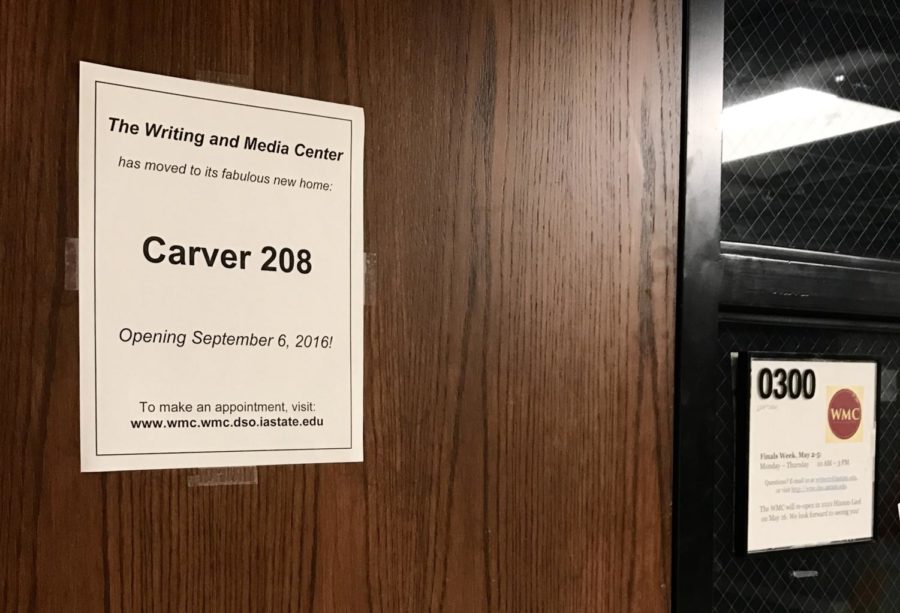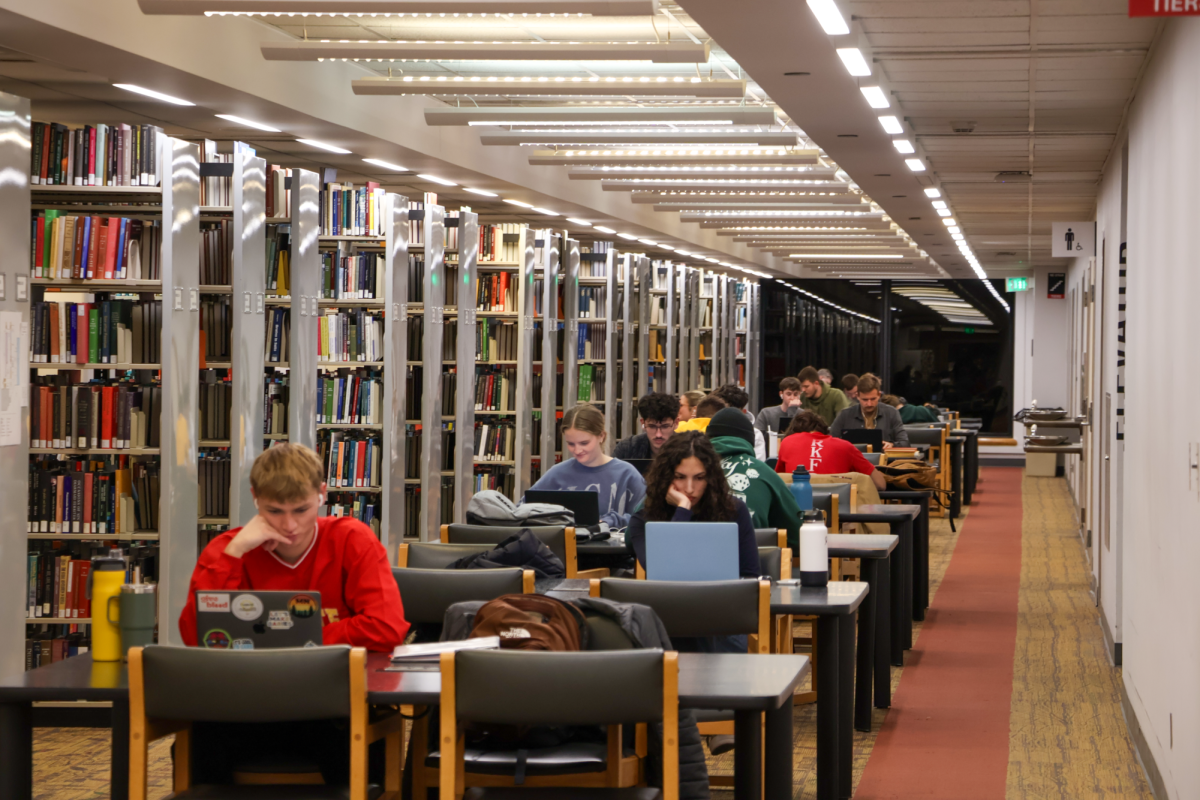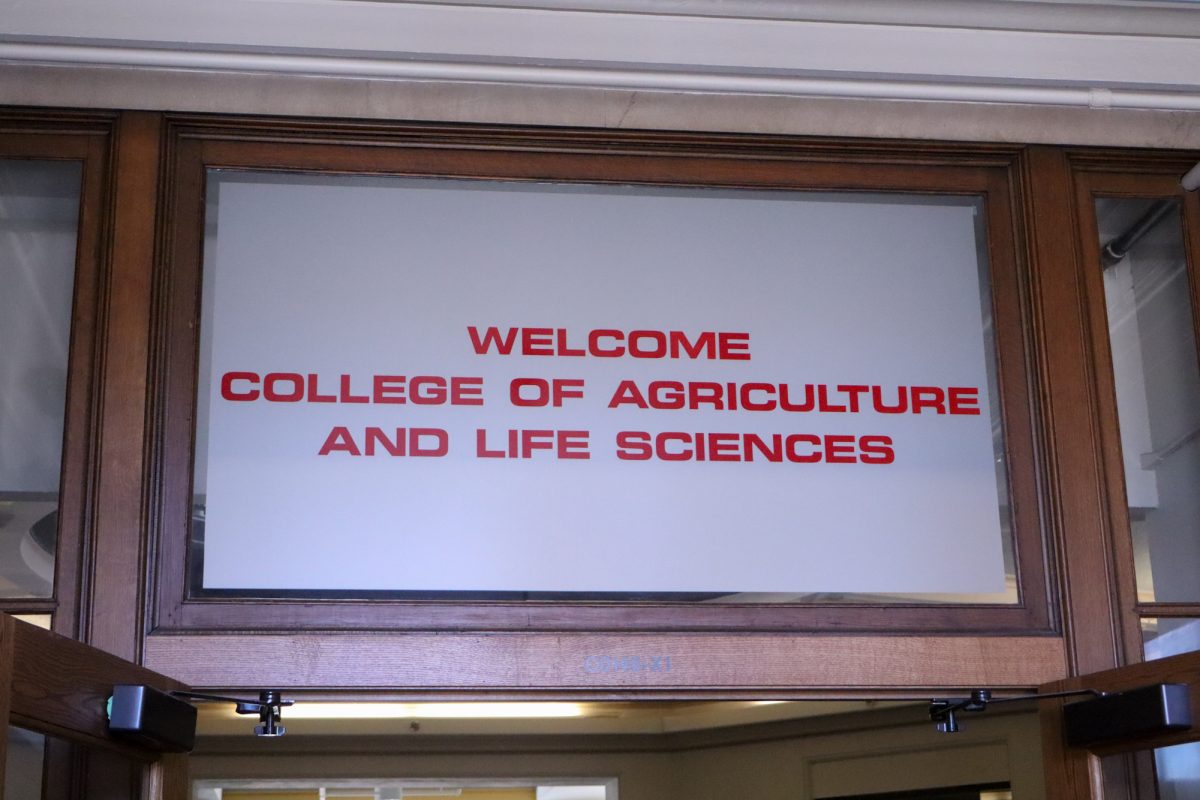Love in the time of COVID-19: Writing and Media Center
August 9, 2020
Editor’s note: This is part of a contributed collection of students and faculty experience with COVID-19.
The Iowa State Writing and Media Center is a resource on campus for students who need extra assistance with their academic papers. With the COVID-19 pandemic moving courses online, the Writing and Media Center has also moved to at-home online consultations.
While the Writing and Media Center offers face-to-face and online consultations, they have moved to a new form of online consultation.
“We are an important campus unit that supports students and gives them the academic and personal skills to succeed in their university career,” said the Writing and Media Center Intercultural Learning Specialist Kelly Wenig. “As such, we have transitioned all our services online and added new asynchronous tutoring for the first time.”
With the new asynchronous tutoring, students and their consultants do not have to be on the file simultaneously, and students can work on their own time based on their schedules. This helps reduce the stress of the consultants, students and staff.
“We have managed to deal with the stress by leaning on each other and making sure we are all extra supportive,” Wenig said. “We find that morale is a very important component for the kind of work we do, so we work hard to maintain a cheerful atmosphere, even from a distance.”
In addition to the new asynchronous consulting, the Writing and Media Center offers synchronous and video consultations as well.
“Our staff was prepared for the transition,” Wenig said. “We paid close attention to the spread of COVID-19 and were expecting a total shutdown of the office, so we were planning to move online before the announcement even occurred.”
“Luckily for us, we began online consultations last summer and only had to expand our offerings by looking at services offered by other writing centers across the U.S. and in professional journals.”
Given the staff expected the transition to online consultations, Wenig said his role hasn’t changed too much during the pandemic.
“My biggest change I have to deal with is transitioning my in-person workshops and retreats to online versions,” Wenig said. “This has taken some significant doing, but we are on the right track.”
The Writing and Media Center staff didn’t need to undergo much change due to their preparations before the office was shut down, so they are in a pretty good spot during this time.
With their preparations, they are maintaining a close relationship with their staff members as well as being an outlet for students in need of writing assistance from home, which shows how successful their preparations were.







